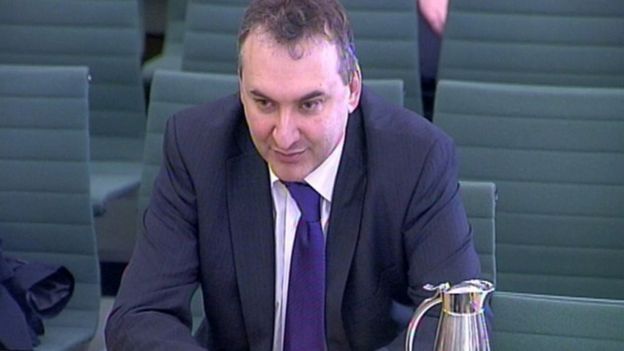Healthcare turims cut down- Proof of ID may be needed for NHS care, says health chief
Patients could have to show proof of identity to get some NHS care, the senior civil servant at the Department of Health has said.
Chris Wormald told a Commons committee it was a controversial move but already happened in some NHS trusts.
The NHS has “a lot further to go” in reclaiming money for treating foreign visitors, he said.
Committee chairwoman Meg Hillier raised concerns that some British residents might not have passports or other ID.
‘Big difference’
Mr Wormald, permanent secretary at the Department of Health, which is responsible for the NHS in England, told the Public Accounts Committee: “We have some trusts that are looking at asking for two forms of ID before treatment.
“Now that is obviously quite a controversial thing to do but… those are the kinds of things we want to look at.
“We don’t have evaluated results of those yet, but what those trusts are reporting is that does lead to an increase in identification.”
He added: “There are individual trusts like Peterborough who are doing that, who are reporting that it makes a big difference and there you are saying ‘Please come with two forms of identity, your passport and your address’ and they use that to check whether people are eligible or not.
“Now it is obviously quite a controversial thing to do to say to the entire population ‘You now have to prove identity’.”
 Image copyrightPA
Image copyrightPA
Ms Hillier said she had constituents who had no photo ID.
She said: “Because they have never travelled they have no passport; they have no driver’s licence because they have never driven, they still live at home because they can’t afford to move out so they’ve never had a utility bill in their name.
“Perfectly entitled to health care, British born, British resident; how are you going to make sure that people have access easily to the National Health Service without having to go through a very humiliating and impossible to meet set of demands?”
Mr Wormald responded: “This is why we are going very slowly on some of these questions and individual trusts are trying these out.”
Visitors from the European Economic Area (the EU plus Iceland, Liechtenstein and Norway) are usually covered by agreements under which their home country pays for treatment.
But the committee heard that according to official figures released earlier this year, in 2014-15 £674 million was charged to the UK government for the care of British citizens abroad, but the amount charged for the care of EEA nationals in British hospitals was only £49m.
Last month the Department of Health said: “NHS Trusts and Foundation Trusts in England are legally obliged to check whether patients are eligible for non-emergency NHS treatment free at the point of use, and recover costs from the overseas patients who are not normally resident in the UK where charges apply.”
St George’s Hospital in Tooting, South London, is currently running a pilot scheme to test new processes to recoup costs from pregnant overseas patients.
soursce: BBC News
